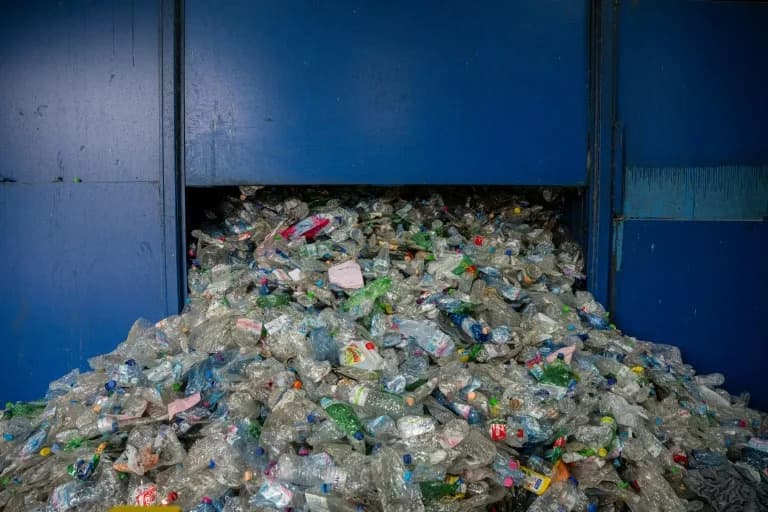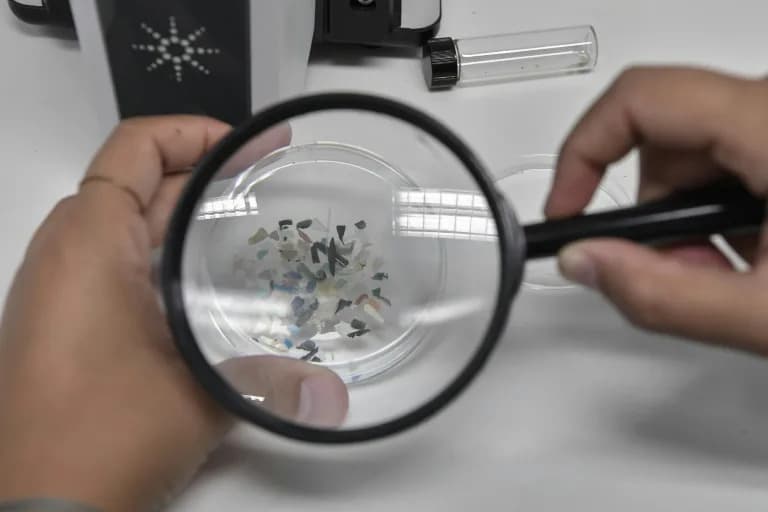Researchers turn single-use bags into chemical ‘initiators’
Scientists at Hokkaido University’s Institute for Chemical Reaction Design and Discovery (ICReDD) have developed a laboratory method that uses pulverised plastic bags to help neutralise hazardous, halogen-containing chemicals. By placing common grocery bags into a ball mill — a device that grinds solids by repeatedly colliding them with a rotating steel ball — polymer bonds are broken, producing reactive radical species that can trigger dehalogenation reactions.
Dehalogenation is the removal of halogen atoms (such as chlorine, bromine or fluorine) from organic molecules. Many toxic or persistent industrial chemicals contain halogens, and stripping these atoms can reduce toxicity or transform such compounds into less harmful forms. According to reporting in Interesting Engineering, the radicals generated mechanically from waste plastics act as initiators for these radical chain reactions.
"I believe that this approach will lead to not only the development of safe and highly efficient radical-based reactions, but also to a new way to utilize waste plastics, which are a serious social problem," said Associate Professor Koji Kubota of ICReDD.
Professor Hajime Ito noted the potential advantages: "Our new approach using stable, cheap, and abundant plastic materials as initiators for radical chain reactions holds the significant potential to foster the development of industrially attractive, safe, and highly efficient chemical processes."
This technique offers two complementary benefits: it creates a novel use for discarded plastics as cheap chemical initiators, and it provides a new mechanochemical route to reduce the hazard of certain halogenated compounds. With global plastic production and waste estimated at roughly 267 million tons a year by some estimates, researchers say finding additional practical outlets for discarded plastic is important for reducing pollution.
Mechanochemistry — chemical transformations driven by mechanical force rather than solvents or high temperatures — is an expanding field that can offer greener, solvent-free processes. While this discovery is promising, the current work is at the research stage. Further tests are needed to evaluate scalability, long-term safety, energy use, and the full environmental impact before industrial adoption.
Outlook
The concept joins other efforts to repurpose plastic waste, such as conversion to useful chemicals, fuels, or materials like asphalt. If developed at scale, using waste plastics as radical initiators could become another tool for both chemical manufacturing and pollution mitigation — but it will require additional engineering, safety assessments, and life-cycle analysis.
Source: Hokkaido University (ICReDD); reporting by Interesting Engineering.



































